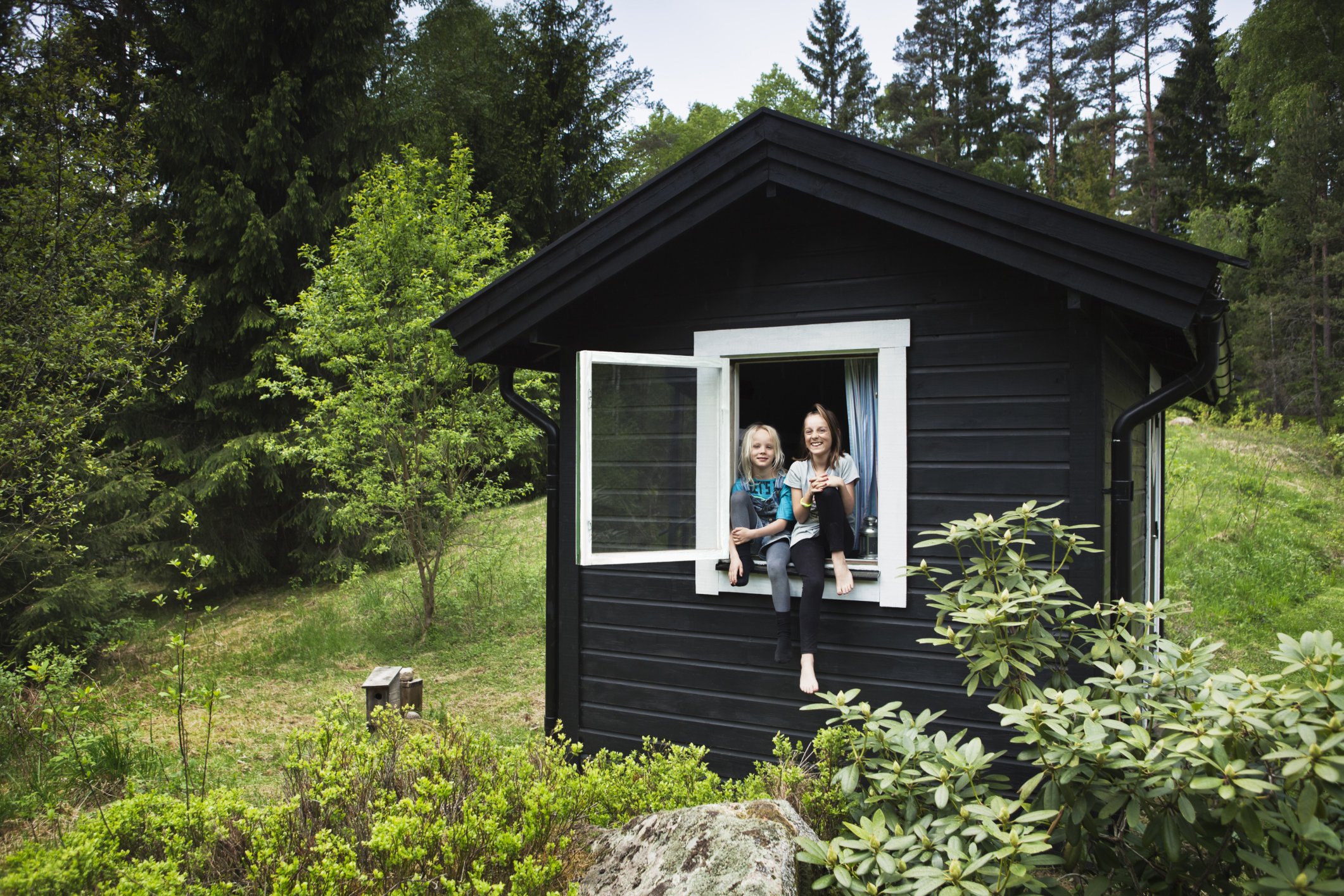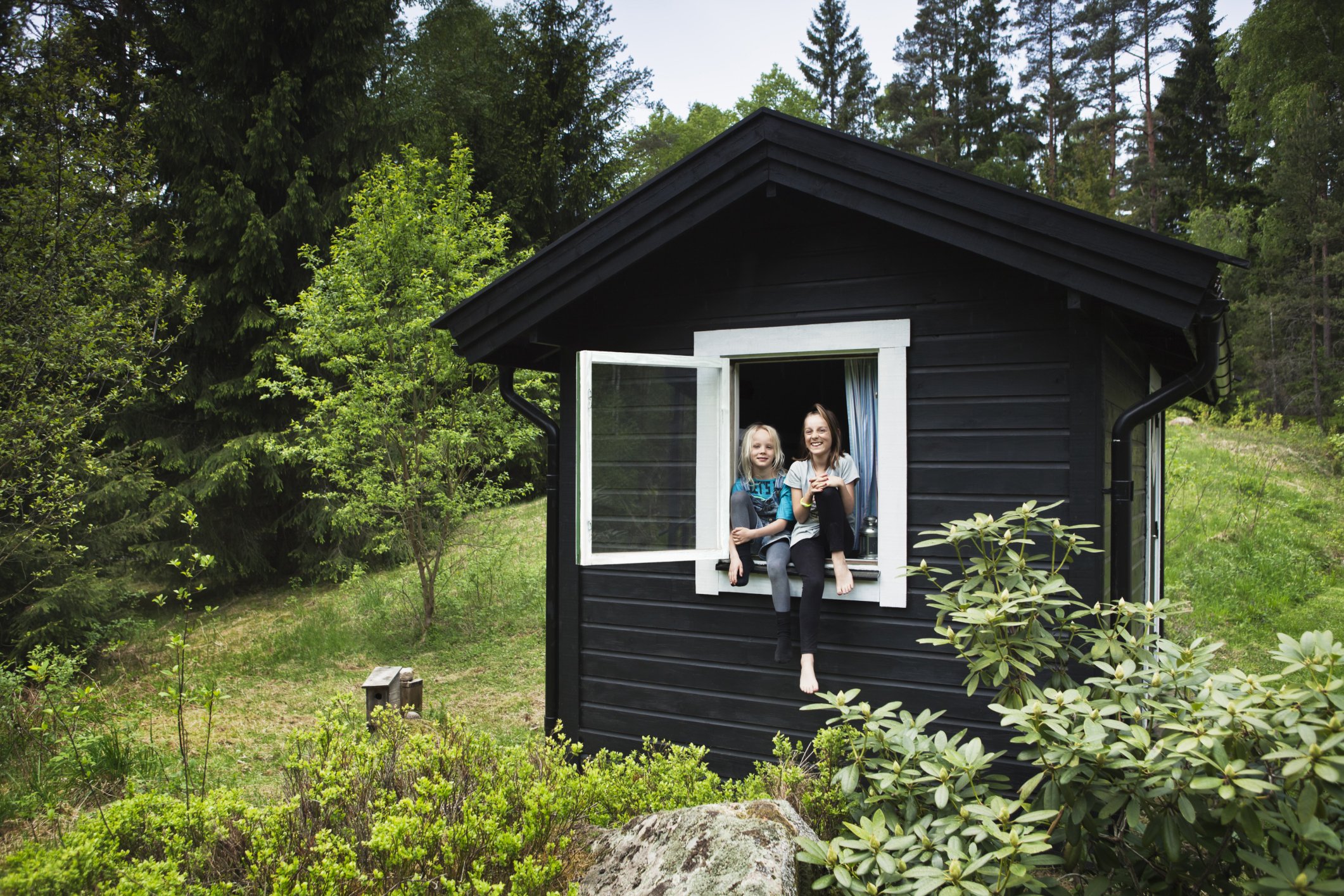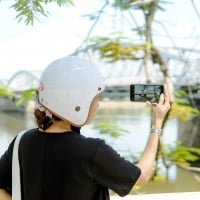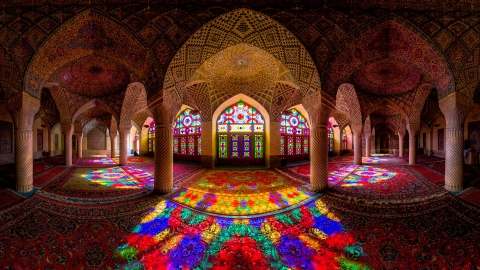At this time, borders between countries are gradually being relaxed, helping the global tourism market to quickly revive, even becoming more vibrant than before the pandemic broke out.
However, with any trip, planning is always the most meticulous and daunting first step, especially when schedules are affected by numerous administrative procedures and health and safety regulations in many countries today.

An Australian tourist explores Hanoi with a local friend. (Illustrative photo: CTV/Vietnam+)
So how can you confidently travel the world, explore, and experience more? Let's take a look at some tips shared by Booking experts.
Plan carefully before you leave.
With travel still restricted, every traveler is forced to become a long-term planner. The more time you have to prepare before departure, the more you'll save on future "treats." This is especially important for Vietnamese people, as 54% of those interviewed by Booking.com stated that budget is the top consideration when traveling post-COVID-19.
Planning early means you have more free time to carefully consider the conditions, take advantage of great deals, etc. The benefits of discounted travel, accommodation, and living expenses due to paying several months in advance can save you a considerable amount compared to paying closer to the departure date.
Planning your trip early not only gives you a wider variety of accommodation options but also helps you secure reservations at popular restaurants, enjoy drinks at the most trendy spots in the area, or get your hands on tickets to shows and theaters that are always sold out months in advance – a series of privileges that are hard to come by with a spontaneous trip.
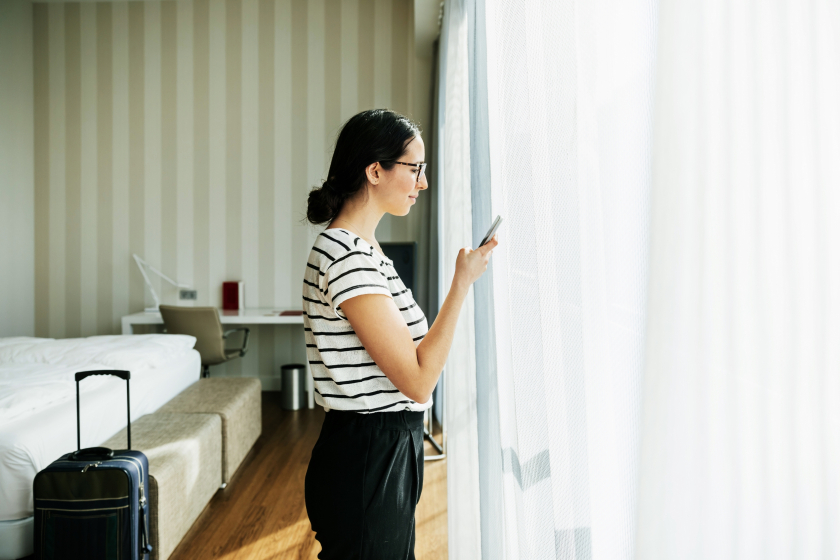
Planning early means you have more free time to carefully consider the conditions, take advantage of great sales... (Illustrative image: CTV/Vietnam+)
Therefore, slowing down a bit and planning your future trip in detail can help you appreciate the true value of a trip even more. This is also a way to cultivate patience, enjoy the anticipation, and explore new experiences for your trip.
Choose accommodation with green certification.
The ongoing complexities of COVID-19 continue to cause anxiety among travelers. When asked about the biggest motivation for traveling, 56% of Vietnamese respondents in a Booking survey chose "safety and health assurance."
Therefore, to meet the growing demand from travelers for health and safety and hygiene, many accommodations now ensure that the site's safety measures (such as hygiene, public health, and social distancing) are clearly displayed on the accommodation's booking page, so that travelers can feel confident when booking their next trip.
Even Booking.com has a Minimum Cleanliness Score Commitment to support its accommodation partners in their commitment to and efforts to improve and maintain their cleanliness scores. This score is given by the guests who have booked and stayed at the property.
Based on ongoing guest feedback, only accommodations that consistently meet hygiene standards are eligible to provide services, ensuring the highest level of peace of mind for those seeking a safe travel experience.
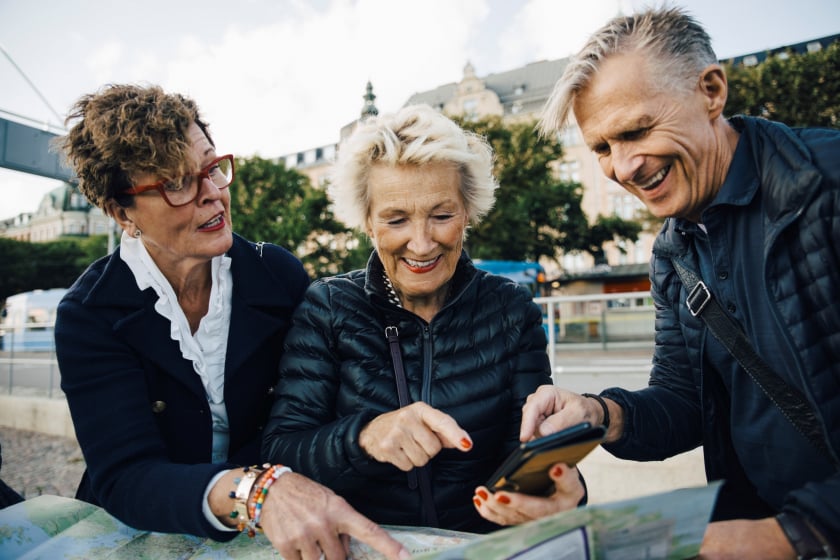
Plan your trip with the powerful support of technology. (Photo: Contributor/Vietnam+)
Personalize your trip with technology.
Personalization is becoming a trend, gaining popularity post-COVID-19, and travel is no exception. Today's travelers still prefer personalized trips. This trend is also clearly reflected in Booking.com's Travel Confidence Index (TCI): For their first post-pandemic vacation, 45% of Vietnamese respondents preferred to travel to experience-rich destinations within the region, and 39% opted for short trips.
Currently, some travel platforms offer additional features such as private accommodation search, accommodation reviews with safety, hygiene, and health assurance measures, and more themed options for trips (through keywords like "beach," "hiking," "nearby destinations," or "hidden gems" on the travel map)... giving travelers more choices to suit their destination.
Clearly, technology is increasingly becoming a powerful tool capable of empathizing with the individual needs of travelers on their journeys to explore the world. The only question now is how we choose to use it.

 VI
VI EN
EN



